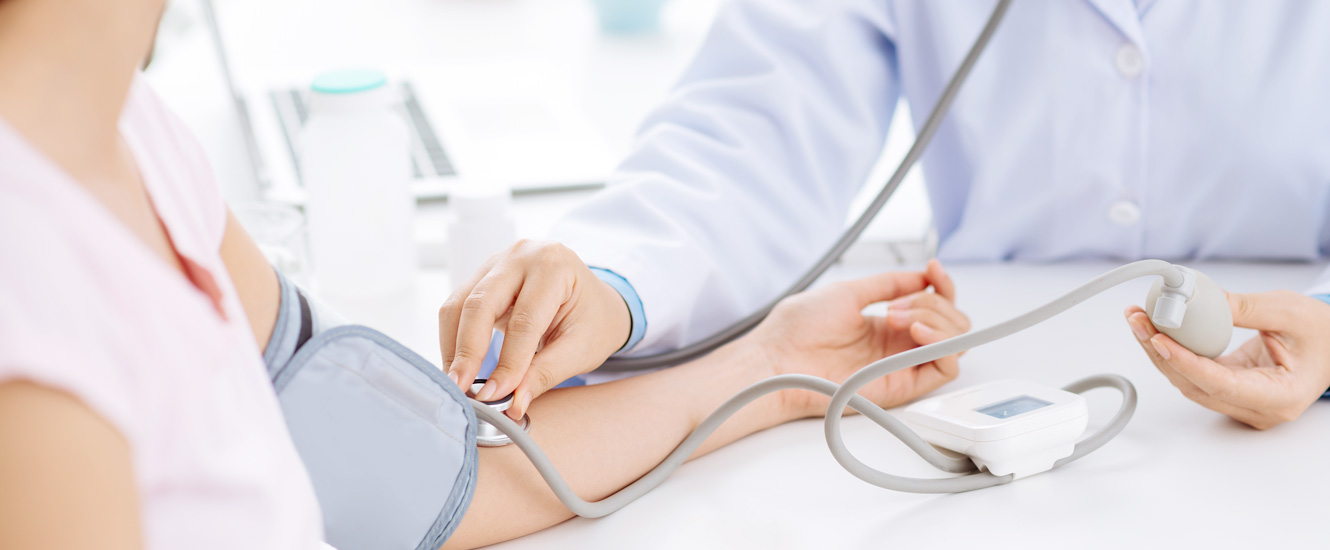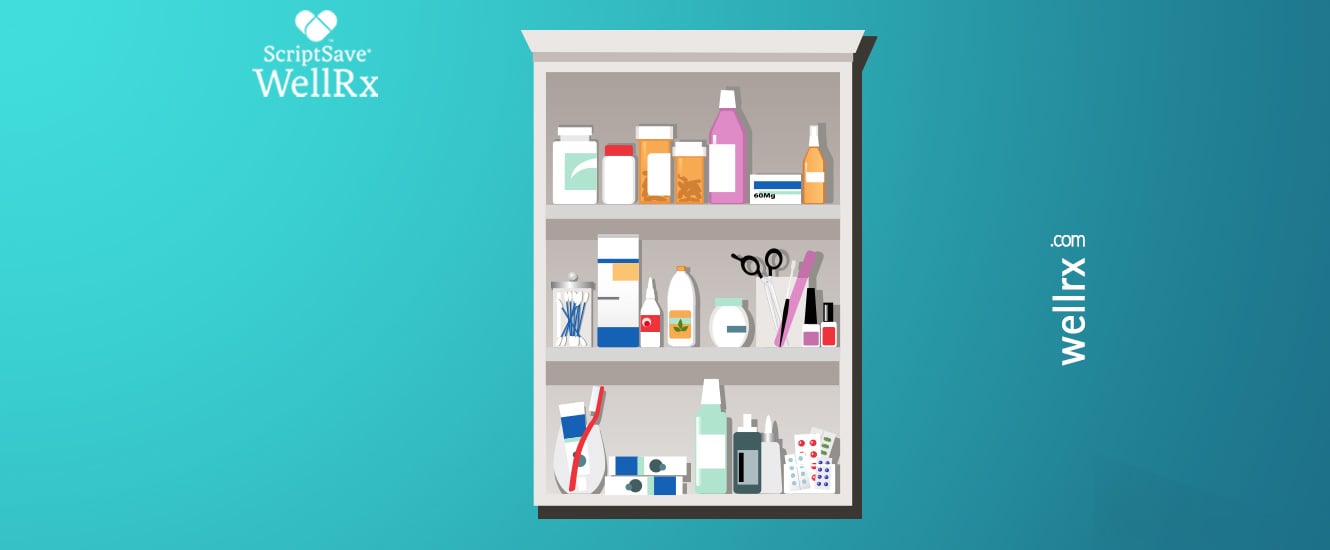High blood pressure, also known as hypertension, affects nearly 1 in every 3 adults in the United States. Hypertension is often referred to as the “silent killer,” because for the most part, hypertension doesn’t have any warning signs or symptoms. You might not even know you have it. If left untreated, hypertension increases your risk for heart disease and stroke, two of the leading causes of death in the U.S., according to the Centers for Disease Control and Prevention (CDC). So when is high blood pressure too high?
Blood Pressure by the Numbers
Blood pressure is reported as two numbers: systolic blood pressure (top number) and diastolic blood pressure (bottom number). Systolic pressure is the pressure of your blood against the walls of your heart when it beats, while diastolic pressure is when it rests (between beats). Normal blood pressure is less than 120/80 and pre-hypertension (the range before an actual diagnosis of hypertension) is between 120-139 for the top number and 80-89 for the bottom number. A consistent blood pressure reading of 140/90 or greater means you have hypertension.
Preventing and Treating Hypertension
Luckily, there are many ways to prevent and treat hypertension. Lifestyle factors such as smoking tobacco, eating foods high in sodium, not exercising enough, being obese, and drinking alcohol, all increase the likelihood of developing hypertension. These are manageable risk factors that should be minimized or avoided. If all of these lifestyle factors for hypertension are modified in a positive manner and your blood pressure is still high, your doctor might start you on a medication to help it stay controlled. There are several classes of hypertension medications, all of which work differently in the body. Each class of medications works differently to lower your blood pressure, and has unique side effects you should be aware of. Your doctor or pharmacist can discuss these with you.
Common High Blood Pressure Medications
The angiotensin II receptor blocker Valsartan (Diovan) is one of the top high blood pressure medications, followed by the beta blocker Metoprolol Hydrocholorothiazide (Lopressor HCT), Olmesartan (Benicar), and Olmesartan and HCTZ (Benicar HCT).
Other frequently prescribed high blood pressure medications are the ACE inhibitor, Lisinopril (Prinivil, Zestril), Amlodipine besylate (Norvasc), a calcium channel blocker, and the generic diuretic, Hydrochlorothiazide (HCTZ).
See Your Doctor for High Blood Pressure
It’s important to see your healthcare provider regularly so that they can monitor your blood pressure. Let them know all of the medications you are taking, including anything that doesn’t require a prescription, such as herbals and supplements, since these might be contributing to your high blood pressure. Also, if a new medication to treat your high blood pressure is needed, they will work with you to find a blood pressure medication that doesn’t interact with a medication you might already be taking.
By working with your healthcare provider, you can keep your blood pressure under control to help ensure a long and healthy life!
Resources:
- Centers for Disease Control and Prevention
- Mayo Clinic
- WebMD
For the best Rx price on all of your blood pressure medications,
visit www.WellRx.com.
Compare prices at more than
62,000 pharmacies nationwide.













 Store & manage your medication list
Store & manage your medication list Medication pricing updates
Medication pricing updates Pill & refill reminders
Pill & refill reminders Medication journal & mood log
Medication journal & mood log